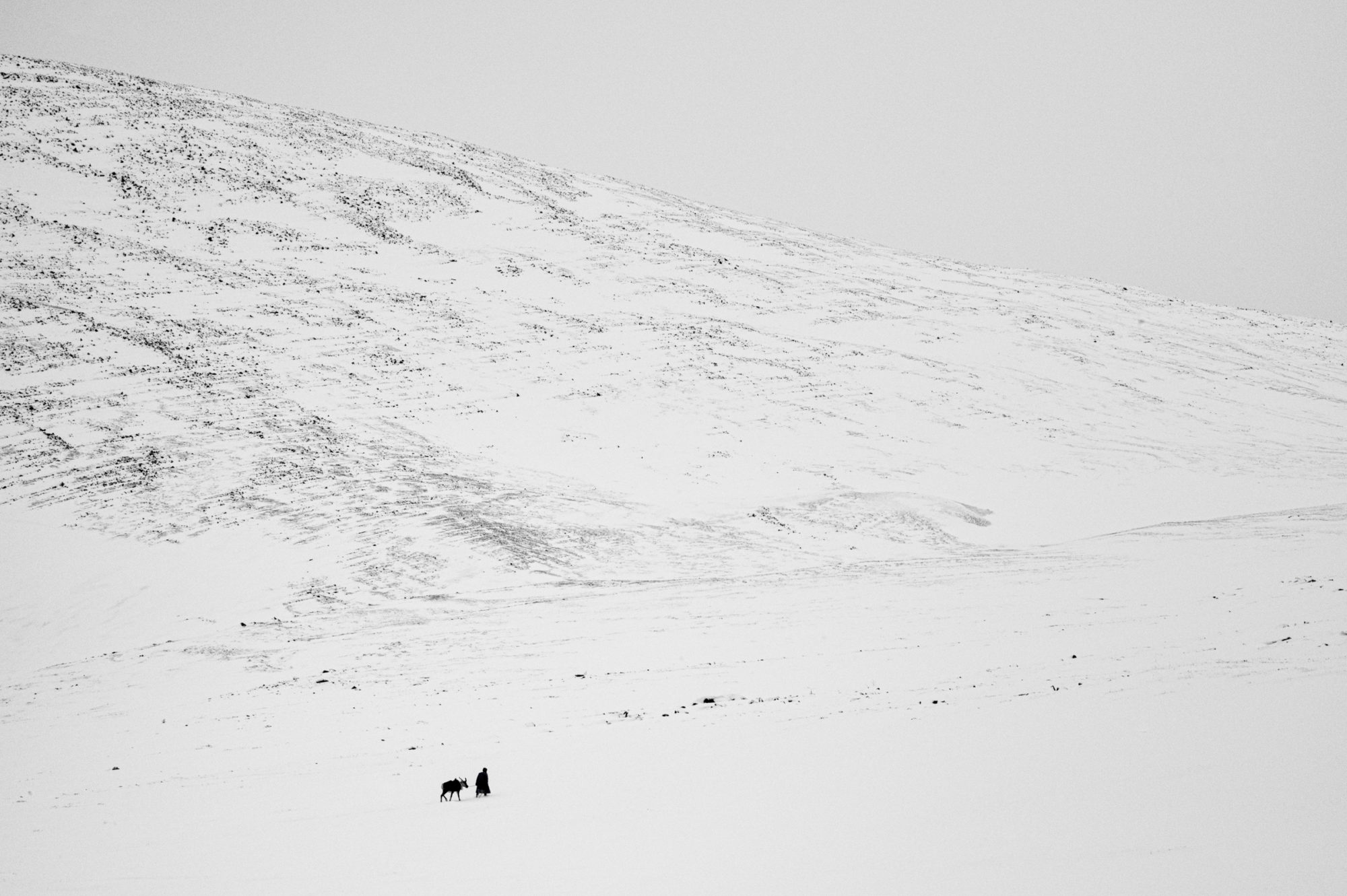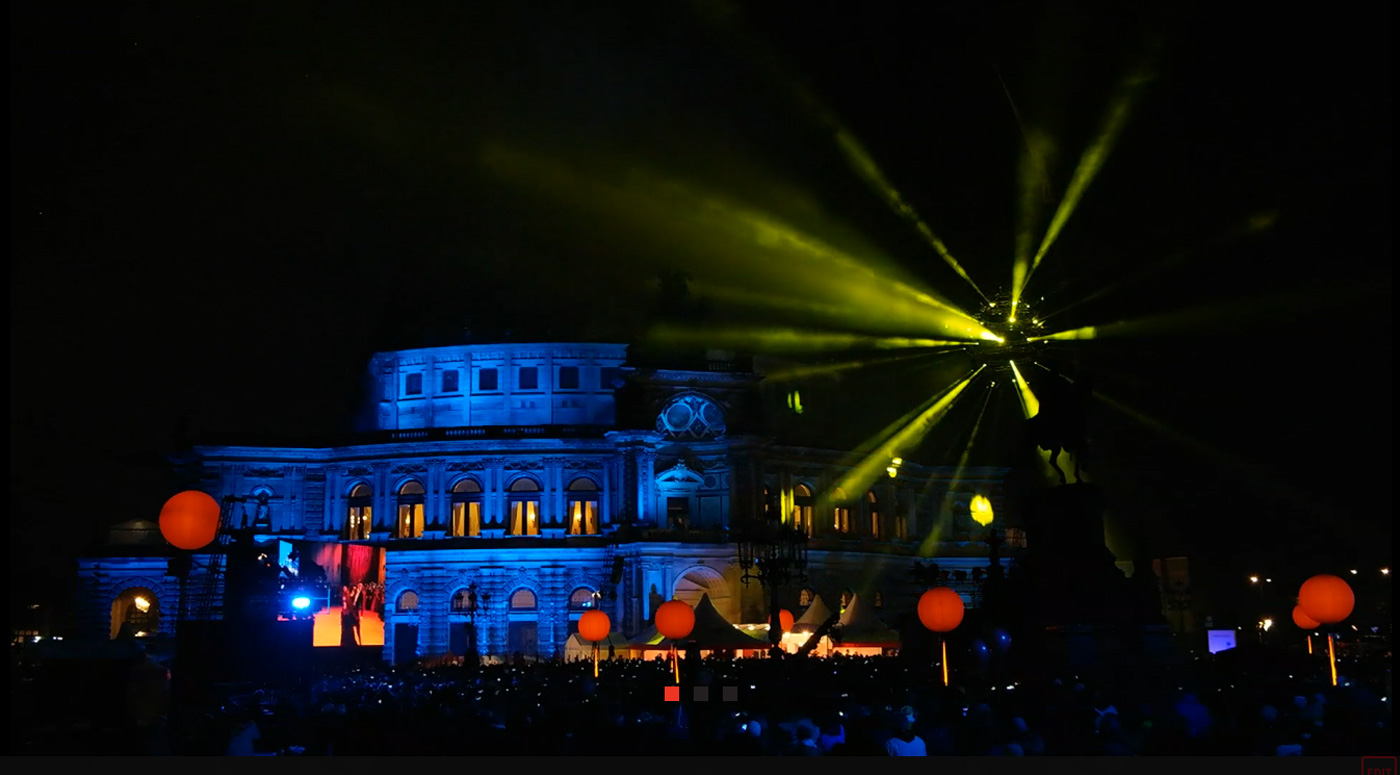Intentions

Why are we making this film ?
Intentions
The film tells the story of an improbable encounter in the dead of winter, in northern Mongolia. Magser and Aankhaa are raising their children with their reindeer in remote valleys on the border of Siberia. They have invited Chloe, Regis and Dominique to spend part of the winter with them. This is the first time they have welcomed guests in winter.
Huddled around the stove reddened by the flames, inside the camp’s only tent, different visions of the world collide. On one hand, there is the fascination and discomfort of three Westerners witnessing this disappearing nomadic way of life. On the other, the herders, tied to modernity with their satellite phones, solar panels and chainsaws, wonder at this infernal circus of tourists visiting them.
But in winter, all stereotypes fade away, dissolved in the gestures of common survival. How to melt snow ? How to eat and sleep in a crowded tepee in the deadly cold of -22°F (-30°C)? How to survive the bite of winter and of the wolves ?Only the essentials remains: the universal affection of a father for his two sons who are about to live their own lives and make their own choices; the universal bound between animal and human societies as they merge their destinies in unforgiving environments. Ar all, they are all winter guests.
Magser and Aankha had worked hard to secure a future for their children. Thanks to them, they now have a choice: to remain part of the Great White Steppe, or to leave for an uncertain future elsewhere – in a city. From now on, the choice is theirs. Magser and Aankhaa know this and will respect their individual decisions.
A unique perspective
The reindeer herders of Mongolia – the Dukha – are usually filmed in summer with a lot of clichés that reflect our own exotic and nostalgic visions more than their actual conditions. They are portrayed as the last of the nomads, even though they have houses in the nearest town to send their children to school; as close to nature, even though smart phones and satellite phones clutter their pockets; as living in harmony with their animals, even though they struggle to keep them alive during increasingly hot summers and cold winters due to climate change that is already affecting the Siberian regions.
Our film is not meant to be an ethnographic study, but a real film with the raw perspective on the reality of pastoralism today and all the challenges these populations are going through. We will focus on transmission and the universal relationship between parents and children. What will Magser and Aankhaa pass on to their children? Dawaadorj, the youngest, is outgoing, Sumiya, the eldest, is more reserved, and Suvda, their daughter, is already trapped in a terribly gendered lifestyle. What do they want to do with their lives compared to what their parents dream for them? What will be left for future generations?
We will follow a Dukha family during winter, something that has rarely been done before, following their transhumance on reindeer backs which is also a first. Entering their habitat, sharing their shamanic rituals is something that will happen in front of the camera because we know them, we respect them, we watch each other from the same shared human condition.
This film project is unique, original, committed, ethical and relevant. It takes us into the intimacy of a Dukha family that we got to know over the four seasons, which has never been done before. We film from their perspective and through the bond we have with them: on reindeer, on horseback, in the teepee, in the snow, on the ice, in the rain, in the city. Entering their habitat, sharing their lives, their questions, their worries: witnessing firsthand the relationship between parents and children – with the reindeer « in the middle ». We film on a human level, without effects, dynamic and close, with just a few aerial shots to cast these relationships into the vastness of the taiga.
